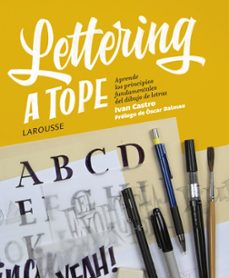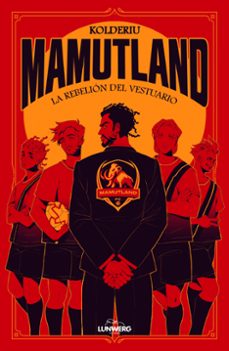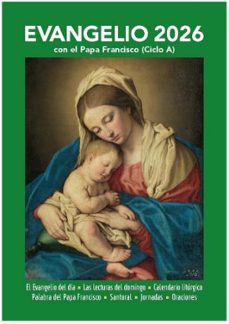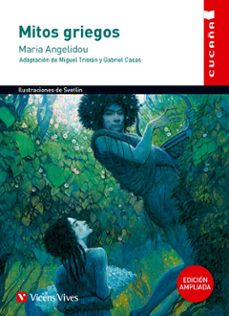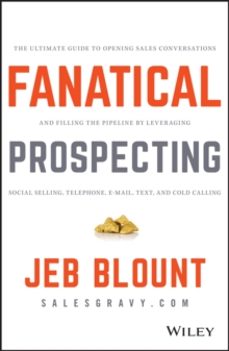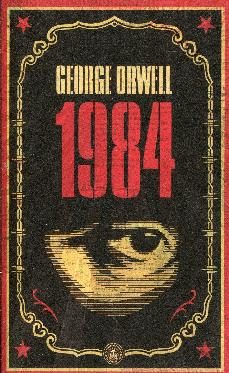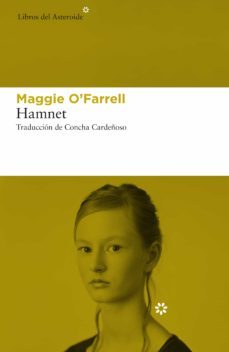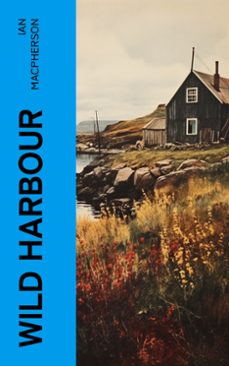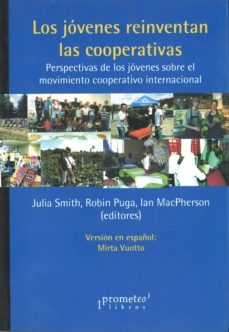Imprescindibles
Más vendidos Libros más leídos eBooks más leídos Todos los libros Todos los libros Autores destacados Series y sagas
Recomendados Libros recomendados Autores destacados Libros que inspiran Vidas con historia LGTBIQ+ English books
Ficción
Literatura Contemporánea Estudios literarios Clásicos Cuentos Poesía Teatro Libros de bolsillo Sagas literarias
Géneros literarios Novela romántica y erótica Novela negra Novela histórica Narrativa fantástica Novela de ciencia ficción Novela de terror Narrativa de humor Narrativa de viajes
No Ficción
Ciencias y tecnología Biología Ciencias Ciencias naturales Divulgación científica Informática Ingeniería Matemáticas Medicina Salud y dietas Formación Idiomas Estilo de vida Libros de Cocina Guías de viaje Narrativa de viajes Deportes Libros de Juegos Manualidades
Humanidades Autoayuda y espiritualidad Ciencias humanas Derecho Economía y Empresa Psicología y Pedagogía Filosofía Sociología Filología Biblioteconomía Estudios filológicos Estudios lingüísticos Estudios literarios Historia y crítica de la Literatura
Infantil
Juvenil
#Jóvenes lectores Narrativa juvenil Clásicos adaptados Libros Wattpad Libros Booktok Libros de influencers Libros de Youtubers Libros Spicy Juveniles Libros LGTBIQ+ Temas sociales Libros ciencia ficción Libros de acción y aventura Cómic y Manga Juvenil Cómic Juvenil Manga Shonen Manga Shojo Autores destacados Jennifer L. Armentrout Eloy Moreno Nerea Llanes Hannah Nicole Maehrer
Libros de fantasía Cozy Fantasy Dark academia Hadas y Fae Romantasy Royal Fantasy Urban Fantasy Vampiros y hombres lobo Otros Misterio y terror Cozy mistery Policiaca Spooky Terror Thriller y suspense Otros
Libros románticos y de amor Dark Romance Clean Romance Cowboy Romance Mafia y amor Romance dramatico Romcom Sport Romance Otros Clichés Enemies to Lovers Friends to Lovers Hermanastros Slow Burn Fake Dating Triángulo amoroso
Cómic y Manga
Novela gráfica Novela gráfica americana Novela gráfica europea Novela gráfica de otros países Personajes, series y sagas Series y sagas Star Wars Superhéroes Cómics DC Cómics Marvel Cómics otros superhéroes Cómics Valiant
Audiolibros
eBooks
Literatura Contemporánea Narrativa fantástica Novela de ciencia ficción Novela de terror Novela histórica Novela negra Novela romántica y erótica Juvenil Más de 13 años Más de 15 años Infantil eBooks infantiles
Humanidades Autoayuda y espiritualidad Ciencias humanas Economía y Empresa Psicología y Pedagogía Filosofía Historia Historia de España Historia Universal Arte Cine Música Historia del arte
Ciencia y tecnología Ciencias naturales Divulgación científica Medicina Salud y dietas Filología Estudios lingüísticos Estudios literarios Historia y crítica de la Literatura Estilo de vida Cocina Guías de viaje Ocio y deportes
IAN MACPHERSON
Director del BCICS, es un historiador que ha escrito extensamente acerca del movimiento cooperativo canadiense e internacional. Dirigió el proceso y escribió la mayor parte de la documentación necesaria para el desarrollo de la Declaración de la Identidad de las Cooperativas adoptada por la Alianza Cooperativa Internacional en su Congreso en Manchester en 1995. Ha recibido numerosos premios cooperativos, incluyendo el Premio de los Pioneros de Rochadle de la Alianza Cooperativa Internacional.
Recibe novedades de IAN MACPHERSON directamente en tu email
Filtros
Del 1 al 6 de 6
Bluemoose Books 9781910422540
A post-postmodern novel set on the clean streets of Dublins leafiest suburb, SLOOT has at its heart an accidental detective whod rather write his own Celtic-screwball-noir than solve the crime, and a narrator who loses the plot, literally.
Ver más
eBook
Bluemoose Books 9781915693044
Hewbris, a post-postmodern crime anti-thriller in the same vein as cult classic Sloot, posits five levels of comedy, lands Hayden with six biological mothers, and proves the existence of God through a joke. Which came as a shock to the author.
Ver más
eBook
e-artnow 4066339569515
Wild Harbour by Ian Macpherson tells of the world destroyed by a future war, forebodings of which were already discernible in Europe. A young couple must live their lives in the wild Scottish highlands when war overtakes their home. Excerpt: "THIS MORNING I said to Terry, I thought I heard guns through the night.Were you awake too? she asked. Even before she spoke, as soon as the words were out of my mouth I was sorry I spoke, and hastened to say: That was funny, both of us lying quiet not to disturb the other. I knew by the way she looked at me that she was not deceived."
Ver más
eBook
PROMETEO LIBROS 9789875740952
Este libro explora las formas en las que los jóvenes de diversos países piensan y utilizan las cooperativas para cubrir sus necesidades sociales y económicas. Las cooperativas expresan una forma de identidad, que confiere un nuevo sentido a los propios actores involucrados y a la sociedad en la que se inscriben. La reinvención cooperativa que nos transmite la obra supera las delimitaciones específicas de un espacio preciso debido a que las iniciativas se desarrollan en todos los continentes y crean (sin importar su tamaño ni los difíciles contextos en que actúan) una dinámica innovadora y de transformación, que se ve democratizada y potenciada por el trabajo en redes.
Ver más
Tapa blanda
DigiCat 8596547406471
In "Wild Harbour," Ian Macpherson intricately weaves a tale that explores the stark contrasts between civilization and nature, set against the backdrop of the rugged Scottish Highlands. With a lyrical and evocative prose style, Macpherson immerses readers in the protagonists struggle for survival in a post-apocalyptic landscape. The narrative reflects the broader themes of isolation, resilience, and the profound connection humans share with the natural world, drawing on influences from Romantic literature and early 20th-century ecological discourse. The book stands as not only a story of endurance but also a meditation on what it means to live authentically in harmony with ones surroundings. Ian Macpherson, a Scottish writer and environmentalist, brings a rich tapestry of personal experience and cultural history to his work. Growing up amidst the stark beauty of the Highlands, Macphersons deep-seated appreciation for nature profoundly shapes his writing. His steadfast commitment to environmental issues is evident throughout the text, suggesting that his narratives serve as both a warning and an invitation to reconsider our place within the world. "Wild Harbour" is highly recommended for readers who appreciate thought-provoking literature that challenges societal norms. Macphersons blend of compelling storytelling and philosophical introspection provides readers with both entertainment and deeper insights into the human condition. This book is essential for anyone seeking a reflective journey through the intricacies of survival and the enduring power of nature.In this enriched edition, we have carefully created added value for your reading experience:- Handpicked Memorable Quotes shine a spotlight on moments of literary brilliance.- Interactive footnotes clarify unusual references, historical allusions, and archaic phrases for an effortless, more informed read.
Ver más
eBook
Del 1 al 6 de 6

